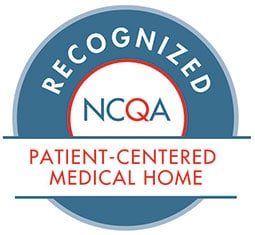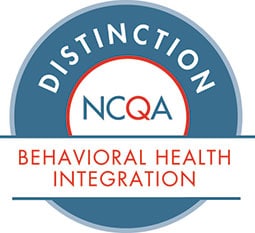Health Partnership receives recognition for putting patients first
 By Wael S. Mourad, MD, MHCM, FAAFP, Chief Health Officer and Family Physician, Health Partnership Clinic.\
By Wael S. Mourad, MD, MHCM, FAAFP, Chief Health Officer and Family Physician, Health Partnership Clinic.\
The patient comes first.
That mantra is at the heart of every decision we make for our clinics and everything that we do in health care. As a physician, there is not better compliment I can receive than I care for my patient. On an organizational level, there is no better compliment that we can hear than we are patient centered.
Moreover, as a primary health care organization, Health Partnership Clinic strives to be a medical home for our patients. That means that we offer team-based care led by a physician to provide comprehensive care with continuity, with the aim of achieving the best outcomes for living a full life.
We are so proud at Health Partnership to be a designated “Patient-Centered Medical Home,” or PCMH for short, at our Olathe and Paola sites, for our patients. The original definition of PCMH was crafted by the American Academy of Pediatrics, the American Academy of Family Physicians, the American College of Physicians and the American Osteopathic Association over a decade ago. The National Committee for Quality Assurance (NCQA) bestows formal recognition as a PCMH site.
In addition, the Olathe clinic has also received Distinction in Behavioral Health Integration. Behavioral health conditions are often first identified by a primary care provider. The addition of behavioral health care services at Health Partnership allows us to provide whole person care, decreases barriers to behavioral care and improves overall health.


Elements that must be demonstrated to receive this prestigious designation include the following:
- Access and communication processes
- Access and communication results
- Organizing clinical data
- Identifying important conditions
- Guidelines for important conditions
- Self-management support
- Test tracking and follow-up
- Referral tracking
- Measures of performance
- Reporting to physicians
From the above list, we can see that an organization must excel at communication, care coordination and quality improvement. These are areas that Health Partnership takes seriously as we strive for continuous organizational improvement.
By implementing protocols, training staff and motivating co-workers, achieving a true PCMH status may mean diagnosing a breast cancer for a mother and wife, preventing a heart attack for a father and husband and keeping a child healthy so he or she can thrive at school and fulfill a promising future. These are the types of outcomes, that help our patients and their families live a full life, that we aim to achieve.




